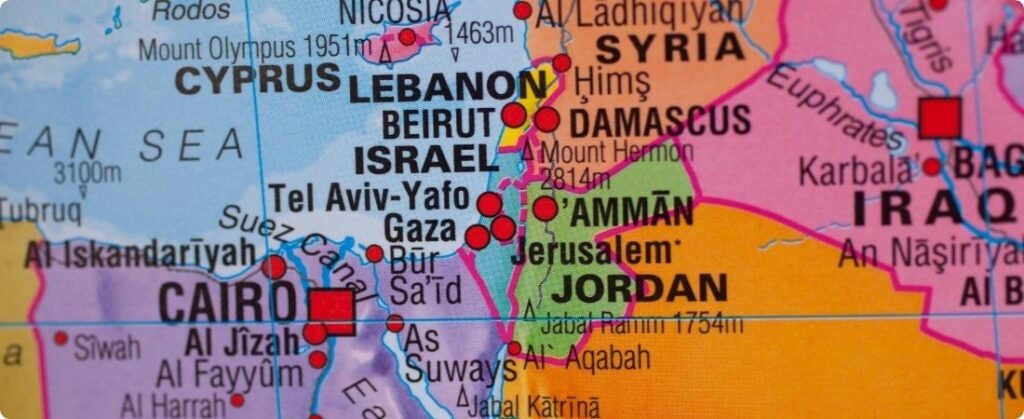
A ceasefire between Israel and the Lebanese armed group Hezbollah came into effect last Wednesday (exact date), marking a diplomatic victory brokered by the U.S and France. The agreement seeks to end a conflict that has lasted more than a year, in a region impacted by two simultaneous wars.
Military reinforcement and cautious return to southern Lebanon
The Lebanese army, which is monitoring the ceasefire, has announced plans to deploy troops to the south of the country. However, residents of border villages have been told to delay their return until Israeli forces have completed their withdrawal. Since the start of the conflict, Israel has advanced about 6 km into Lebanese territory in clashes with Iran's ally Hezbollah.
Despite the truce, tensions persisted on Wednesday morning, with Israel reporting the presence of Hezbollah operatives near the border. In response, it opened fire to prevent advances.
Importance of the agreement for regional stability
The deal marks a milestone in diplomatic efforts led by the US and France. The border conflict has resulted in thousands of deaths since its escalation, triggered by the Gaza war last year. The truce will allow Israel to focus more resources on confronting the Palestinian group Hamas, which led the October 7, 2023 attacks.
Jean-Noel Barrot, French Foreign Minister, highlighted the importance of dialogue in resolving conflicts:
“Force must give way to dialogue and negotiation. This has already been achieved in Lebanon and must also happen in Gaza,” he stated.
Meanwhile, Egypt and other countries such as Qatar continue to seek a solution to the Gaza impasse.
Reactions and prospects for return to southern Lebanon
With the ceasefire in place, residents of southern Lebanon have begun returning to their homes, often devastated by recent fighting. Vehicles packed with belongings have been crossing the port city of Tyre towards border villages. However, insecurity remains a concern:
“The Israelis have not fully withdrawn, so we are waiting for the Army’s announcement,” said Hussam Arrout, displaced from Mays al-Jabal.
US President Joe Biden stressed that the Israeli withdrawal will be gradual, over 60 days, while the Lebanese Army takes control of the region.
Impact on Hezbollah and future of the conflict
While Hezbollah has not issued a formal statement, senior Hezbollah member Hassan Fadlallah told Al Jadeed TV that the movement had emerged stronger after the war. Israel, for its part, has hailed the elimination of leader Hassan Nasrallah as a significant victory against Hezbollah.
The agreement reinforces the need for stability in the region as the world watches closely for further developments on the Israel-Lebanon border.
Source: Maya Gebeily and Aziz Taher | Notícias Agrícolas















